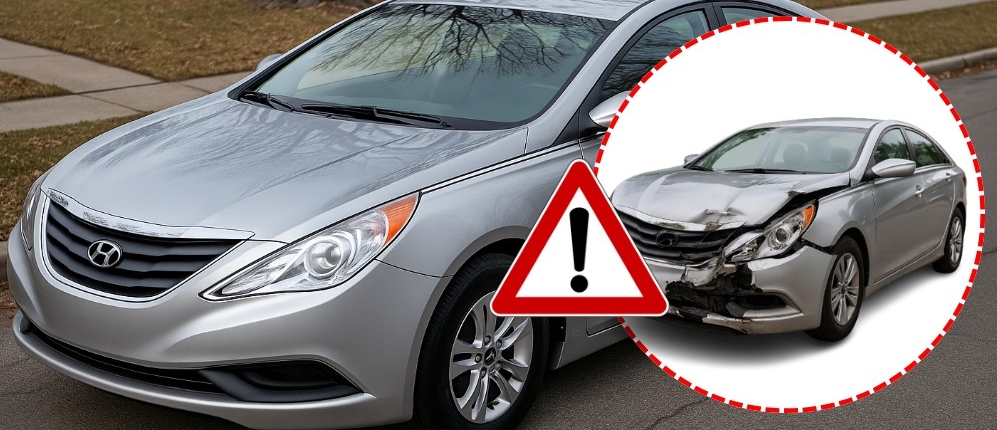The Car You Want Has an Accident History — Should You Still Buy It?
You’ve finally found it — the right car, the right price, the right everything. But then you check the vehicle history report… and realize it was involved in an accident.
Before you panic, know this: not every accident automatically makes a car unsafe.
Cars get into accidents for all kinds of reasons — from minor fender benders to more serious collisions. This is especially common in busier Canadian cities like Toronto, Vancouver, Montreal, Calgary, and Edmonton, where heavy traffic and challenging weather can increase accident rates.
Many owners choose to sell after an accident due to:
- Cosmetic-only damage that’s already been repaired
- Insurance payouts when repair costs exceeded the car’s value
- Upgrading to a new vehicle or ending a lease
- Concerns over long-term reliability
The key is uncovering the full story behind the damage and how it was repaired. Understanding this will help you make a smarter, more confident decision before buying.
1. Understand the Severity of the Accident
Not all accidents are the same. Ask the seller about:
- When the accident happened
- Which parts were damaged
- How extensive the damage was
- Who repaired it — and whether professional standards were followed
Light cosmetic damage that’s been properly repaired may not impact the car’s performance. But frame damage, airbag deployment, or poor-quality repairs are serious concerns.
2. Get a Pre-Purchase Inspection
Never skip this step — especially for accident history vehicles. Hire an independent, trusted mechanic to:
- Check for hidden damage
- Confirm that repairs meet safety standards
- Identify poor-quality or cosmetic-only repairs
An inspection provides peace of mind — and valuable leverage if you choose to negotiate.
3. Check the Title Status
Confirm whether the accident affected the car’s title:
- Clean Title: Minor or moderate accidents, properly repaired
- Salvage Title: Severe damage that led to an insurance total loss
- Rebuilt Title: Salvaged car that was later repaired and inspected
4. Weigh the Risk vs. Reward
Ask yourself:
- Is the price fair based on the accident history?
- Do you accept potentially lower resale value in the future?
- Are you confident about the repairs and the car’s ongoing safety?
If the accident was minor and the repairs were professionally completed, it may still be a great deal.
5. Use the Accident History to Negotiate
If you decide to move forward, use the accident record to strengthen your negotiation:
- Request a price adjustment based on documented history
- Compare pricing for similar models with and without accidents
- Share your mechanic’s report if needed
Sellers — especially dealerships — often expect negotiation when a past accident is disclosed.
Before buying, it’s smart to verify the full vehicle history through trusted Canadian sources like VinAudit.ca Vehicle History Reports.
Buyers’ Frequently Asked Questions (FAQs)
Is a car with an accident history always a risky purchase?
Not necessarily. Many vehicles involved in minor accidents are properly repaired and remain safe and reliable for years.
What’s the biggest red flag when buying an accident car?
How much does an accident lower the value of a used car?
Can I still negotiate the price if a car has an accident record?
For Businesses: Protect Your Inventory and Customers with VinAudit Canada
If you’re in the auto business — whether selling, financing, or managing vehicles — verifying accident history isn’t just smart, it’s essential.
VinAudit.ca offers powerful solutions to help businesses:
- Access official Canadian vehicle history data quickly and efficiently
- Screen inventory for accident records, title issues, theft, and more
- Integrate reports directly into your system via API or bulk access
- Safeguard your reputation, profitability, and customer trust
Whether you need to check one vehicle or thousands, VinAudit.ca makes it easy to verify accident histories with speed and confidence.


